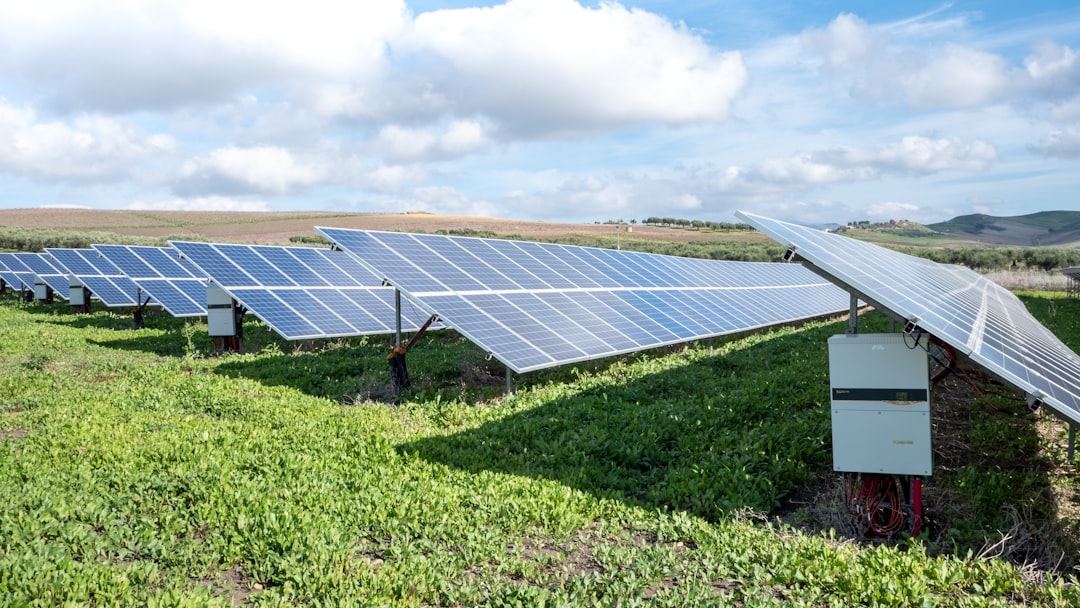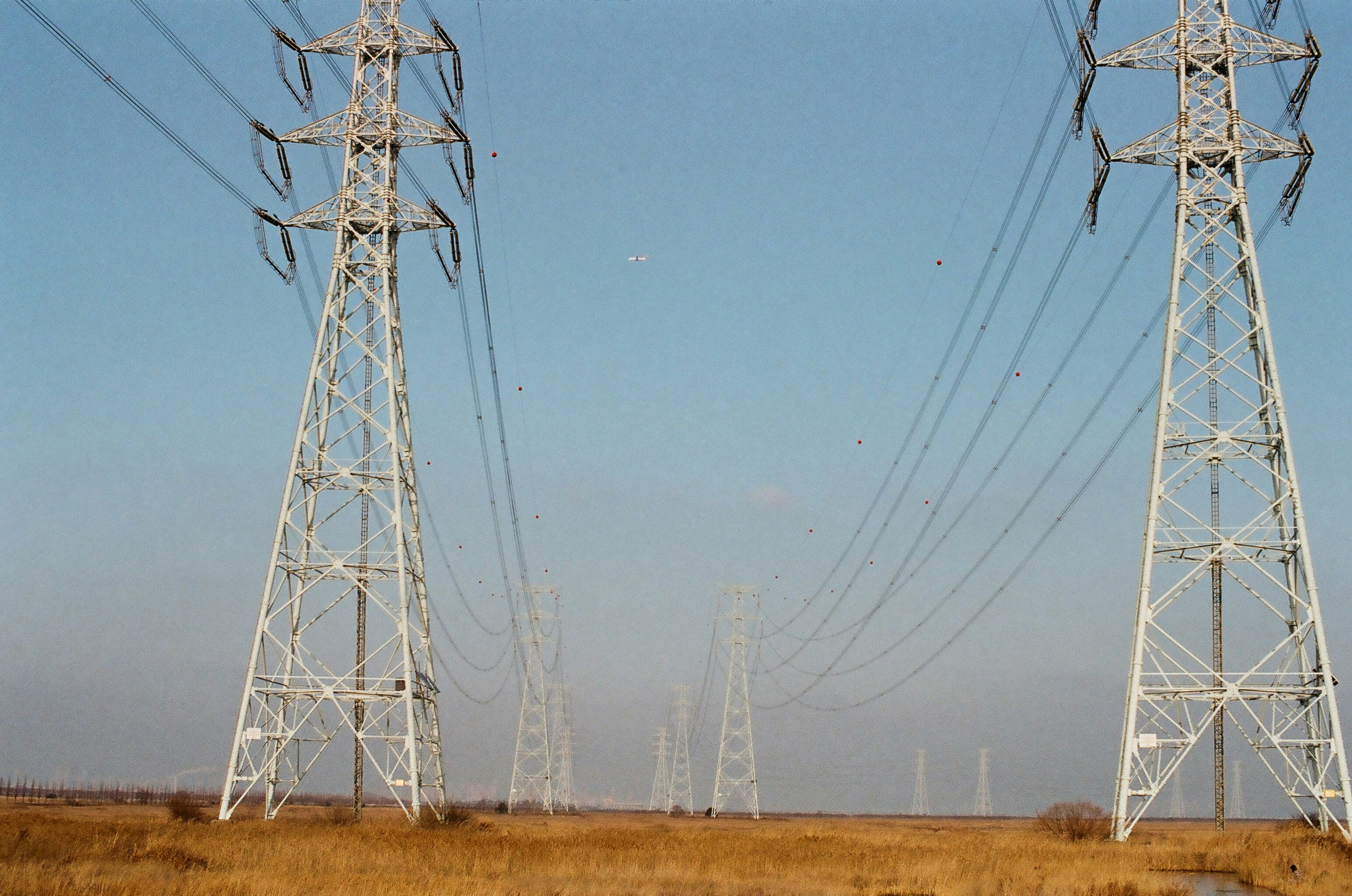What is it about?
This study deals with various Lyapunov-function-based control (LFBC) schemes proposed for a single-phase grid-connected voltage source inverter with LCL filter. Use of LCL filter causes resonance which may adversely affect the controller's stability. The conventional (CLFBC) scheme employing the inverter-side current guarantees the asymptotic global stability, but it is not able to damp the resonance. As a remedy to the poor resonance damping, the adoption of grid-current and capacitor voltage feedback schemes have been investigated. Although the former offers a globally asymptotically stable system, it cannot improve the poor resonance damping. However, the CLFBC with capacitor-voltage feedback scheme not only preserves the global stability, but also improves the resonance damping substantially.
Featured Image

Photo by Newpowa on Unsplash
Why is it important?
The analytical equations of the closed-loop poles for each control scheme are provided which can be used to compute the pole positions and the damping ratio needed for a desired response. Furthermore, the effect of changing controller gains on the loci of closed-loop poles is also studied. Simulation and experimental results obtained from 3.3 kW system demonstrate that the CLFBC with capacitor-voltage feedback scheme not only offers a global stability, but also leads to good quality sinusoidal grid current with reasonable total harmonic distortion and fast dynamic response.
Read the Original
This page is a summary of: Comparative study on Lyapunov-function-based control schemes for single-phase grid-connected voltage-source inverter with LCL filter , IET Renewable Power Generation, September 2017, the Institution of Engineering and Technology (the IET),
DOI: 10.1049/iet-rpg.2016.0566.
You can read the full text:
Contributors
The following have contributed to this page










